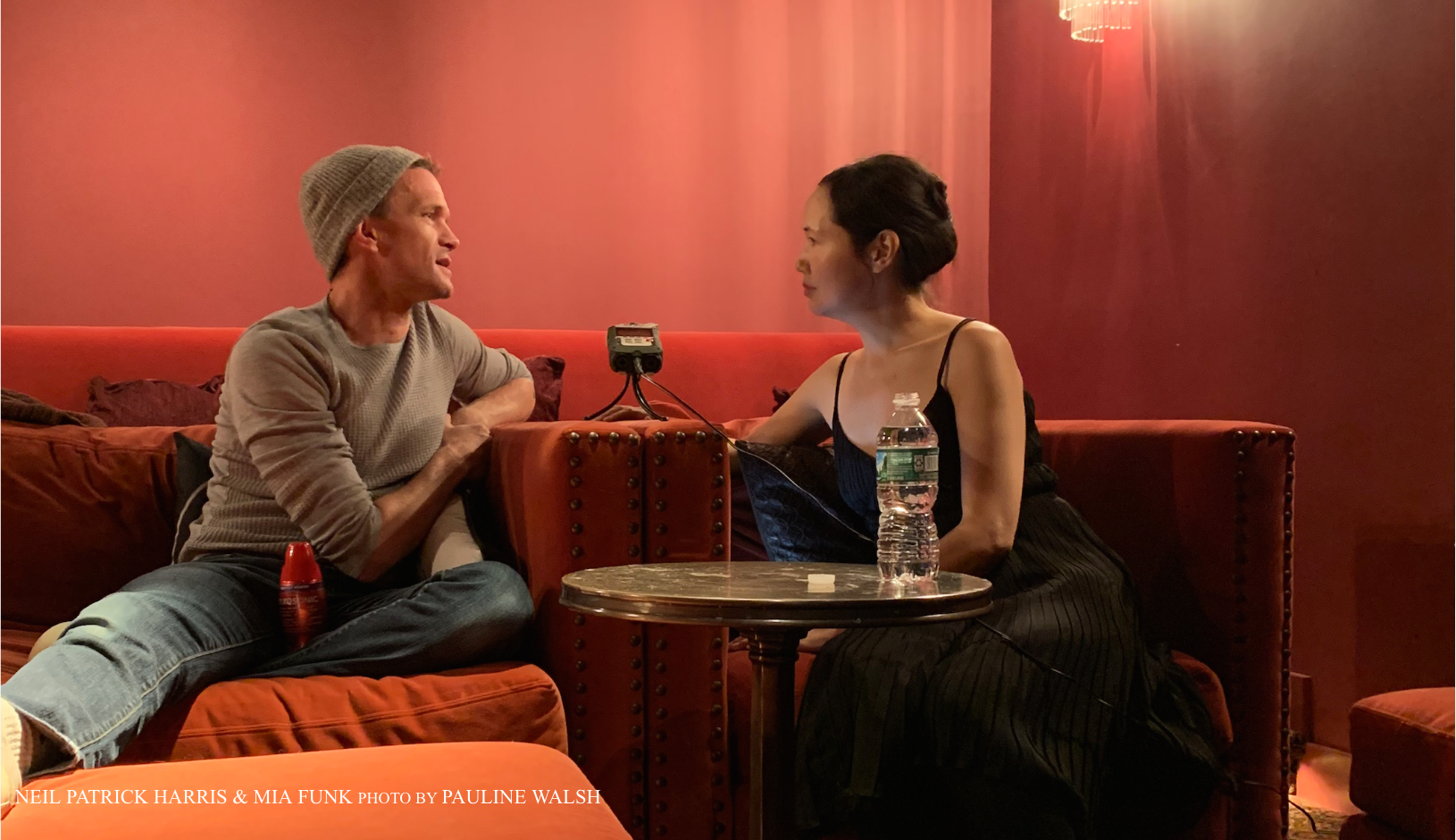(Highlights) JOHN D'AGATA
/John D’Agata is the author of Halls of Fame, About a Mountain, and The Lifespan of a Fact, as well as the editor of the 3-volume series A New History of the Essay, which includes the anthologies The Next American Essay, The Making of the American Essay, and The Lost Origins of the Essay. His work has been supported by a Guggenheim Fellowship, a Howard Foundation Fellowship, an NEA Literature Fellowship, and a Lannan Foundation Fellowship. He holds a B.A. from Hobart College and two M.F.A.s from the University of Iowa, and recently his essays have appeared in The Believer, Harper's, Gulf Coast, and Conjunctions. John D’Agata lives in Iowa City where he teaches creative writing at the University of Iowa. The Lifespan of Fact was adapted into a Broadway play starring Daniel Radcliffe, Cherry Jones, and Bobby Cannavale.
JOHN D'AGATA
For a writer of non-fiction or essayist that’s very difficult to work with because we aren’t, or at least some of us don’t consider ourselves journalists. The tools that we are working with aren’t–What your favorite color is. Where you grew up. Or what your favorite number is. If we’re writing a profile of something, the tools that we’re working with are long conversations in which people are sharing anecdotes about themselves. When I do an interview with somebody, I don’t take out a tape recorder. I don’t have a notebook. I invite them on a walk so that we can feel at least that we’re just chatting.
This interview was conducted by Mia Funk with the participation of collaborating universities and students. Associate Interviews Producer on this podcast was Cameron McDonald. Digital Media Coordinator is Hannah Story Brown.
Mia Funk is an artist, interviewer and founder of The Creative Process.




















